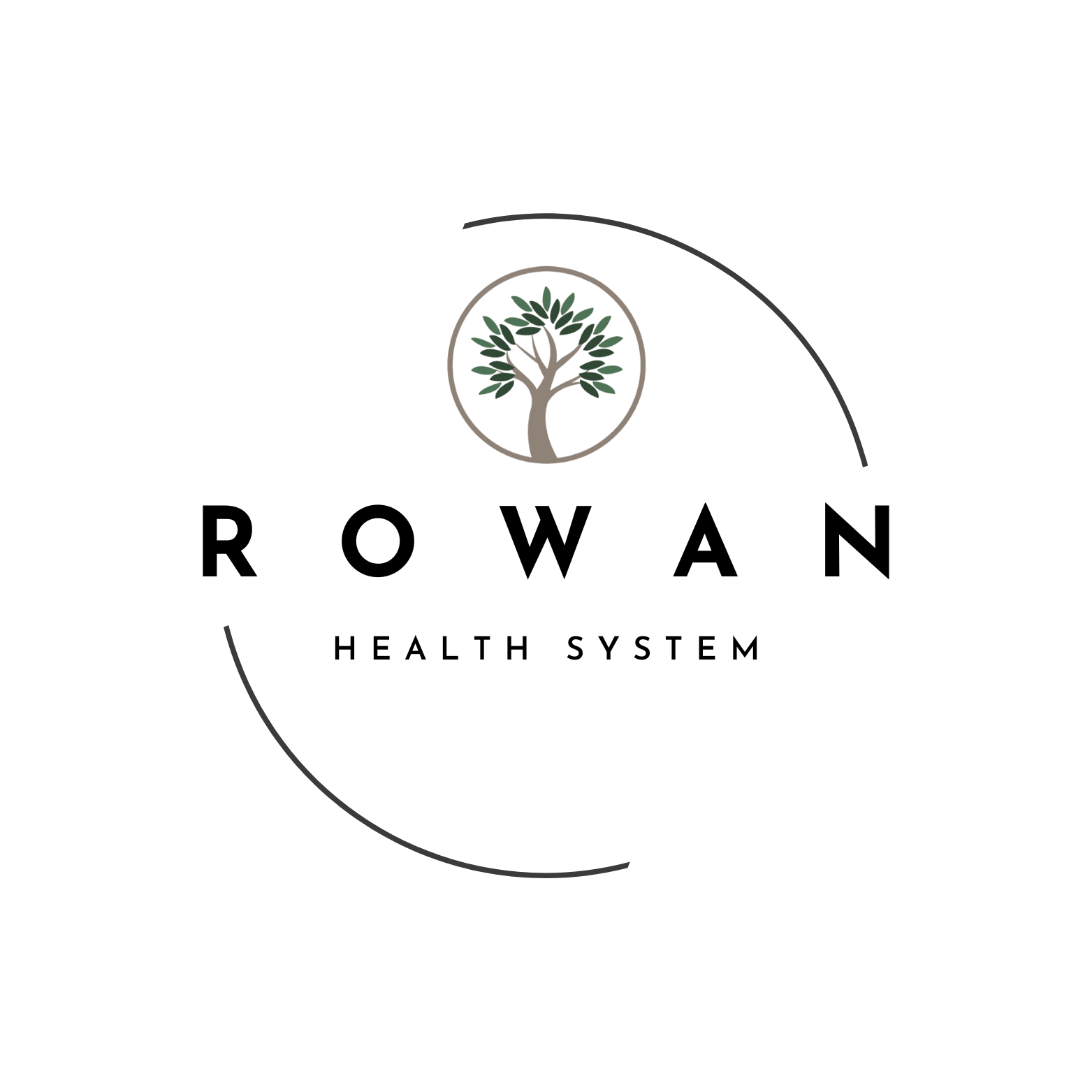Occupational Therapy Services:
Our licensed occupational therapists support cognitive, physical, and emotional development through evidence-based treatment for children of all ages.
What is occupational therapy?
Pediatric occupational therapists focus on helping children advance their life skills. They support overall development, social skills, activities of daily living, and quality of life. Our occupational therapists consider each child’s unique sensory, cognitive, and emotional strengths and challenges and support development through playful interactions and meaningful relationships. Occupational therapy helps individuals gain life skills that they can generalize and carry with them through adulthood.
Examples of our services:
Examples include helping infants with oral motor skills needed to eat, supporting toddlers in achieving developmental milestones like crawling and stacking blocks, helping school-aged children with sensory challenges across various environments, and working with families to support emotional regulation during teenage years. We can help your child with:
Fine motor skills: grasping of toys, handwriting skills
Gross motor skills: balance, coordination for running and jumping, playing on playgrounds
Sensory profile: understanding and organizing the environment and all of the sensory input that comes with it (auditory, touch, vestibular, visual, proprioceptive)
Regulation: emotional and physiological awareness and calmness needed to process the environment and carry out tasks
Activities of daily living: toilet training, dressing, self-care
Social skills: interacting with others effectively and appropriately
Does my child need occupational therapy?
It is always a good time to work on your child’s development! Our skilled occupational therapists work with infants, toddlers, young children, and adolescents of all abilities. If you ever want basic support, they can provide you with wonderful guidance on helping your child continue to advance. They also have experience working with a variety of developmental disabilities and genetic diagnoses as well. This includes children with:
Birth defects
Autism
Attention-deficit/hyperactivity disorder (ADHD)
Sensory processing disorder
Developmental delays
Down syndrome
Cerebral palsy
Neurological impairments, injuries, or disorders
Infants born premature
Our goal is:
Increased independence with daily activities
Sensory regulation
Emotional regulation
Improved fine motor skills
Improved gross motor skills
Frequently asked questions
Patient resources
Make informed decisions about your health
We provide resources to help you better understand your condition and make informed decisions.
Step 1: Book an appointment
This entails collecting data pertaining to the patient's past health records, present indications, a thorough physical assessment, or diagnostic tests.
Step 2: Diagnostic
The healthcare practitioner will subsequently put the treatment strategy into action, which might encompass dispensing drugs, conducting medical procedures, or delivering therapeutic interventions.
Step 3: treatment
The healthcare practitioner will subsequently put the treatment strategy into action by delivering therapeutic interventions.





